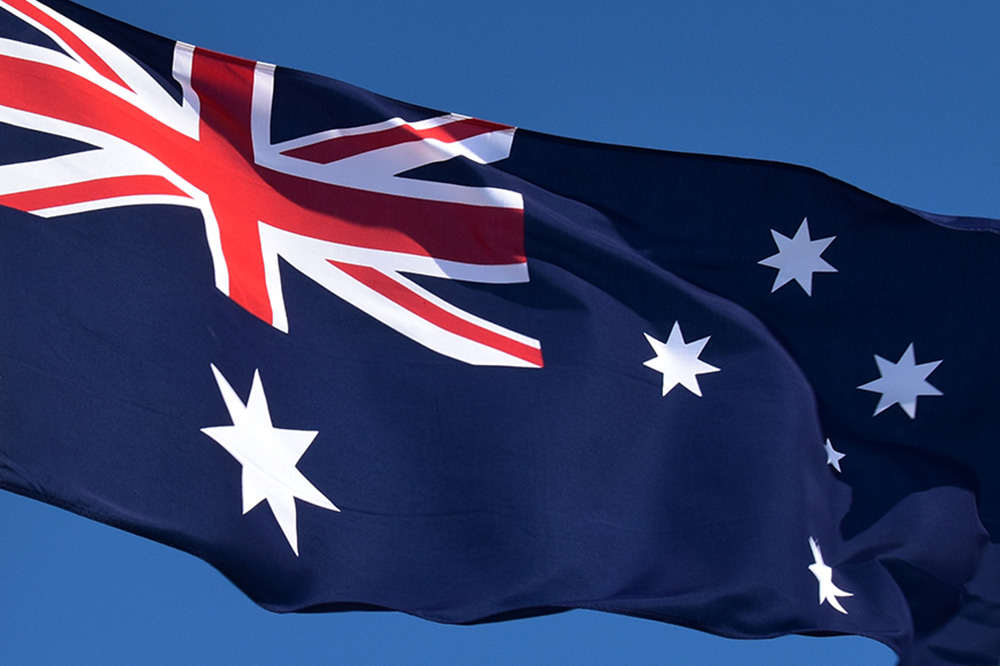Chevron Marine Lubricants has released the second in a series of new white papers focusing on innovations and developments impacting[ds_preview] the fast-changing shipping industry. This latest white paper, entitled »The 2020 Global Sulphur Cap and the role of cylinder oil lubricants« explores the impact of ships burning fuels with differing sulphur contents to heavy sulphur fuel oil cylinder oil use. The paper also offers advice form Chevron Marine Lubricant experts on how to manage the transition between cylinder oils pre-and post-2020. As the shipping industry prepares for the arrival of the global sulphur cap in January 2020, the operation of ships in a multi-fuel future is a fast approaching reality. Lubricants are essential to the smooth operation and service life of propulsion machinery, but their optimal use is highly dependent on fuel sulphur content. A diversified marine fuel mix demands tailoring lubricant selection to fuel sulphur content to ensure compatibility with fuels bunkered across a fleet. Lubrication is the lifeblood of an engine, the dominant function of cylinder oil being to protect the engine from acidic corrosion. Regardless of the compliance route chosen, bunkering low sulphur fuel alternatives versus installation of scrubbers on board, cylinder oil lubricant use will be impacted due to its synergetic relationship with the sulphur content in fuel. Chevron provides complete and reliable lubrication solutions for ships using virtually any fuel type. Its new full range of Taro Ultra cylinder lubricants provide solutions for operating requirements of today, and tomorrow.
© Copyright 2022 - HANSA International Maritime Journal


















